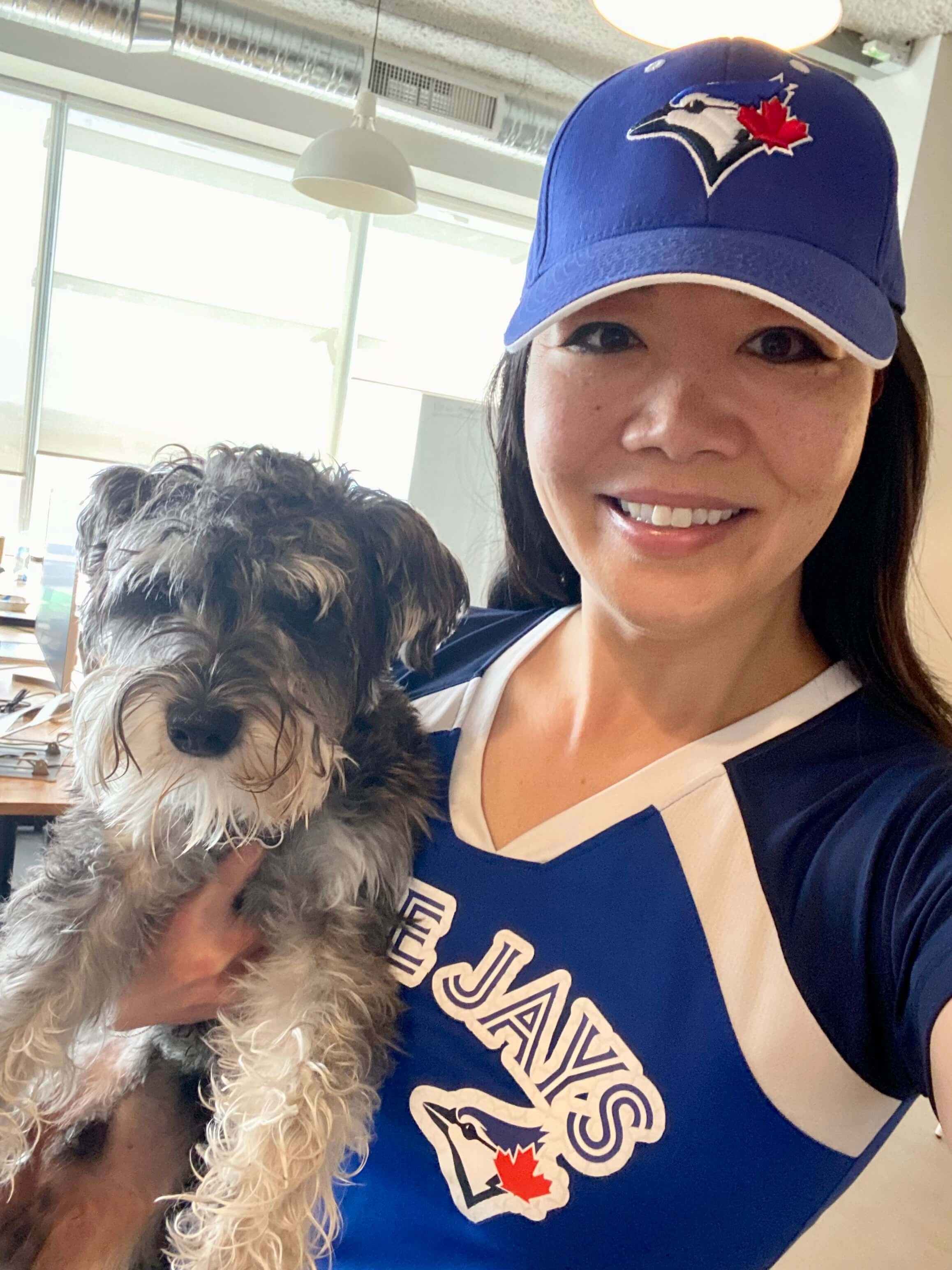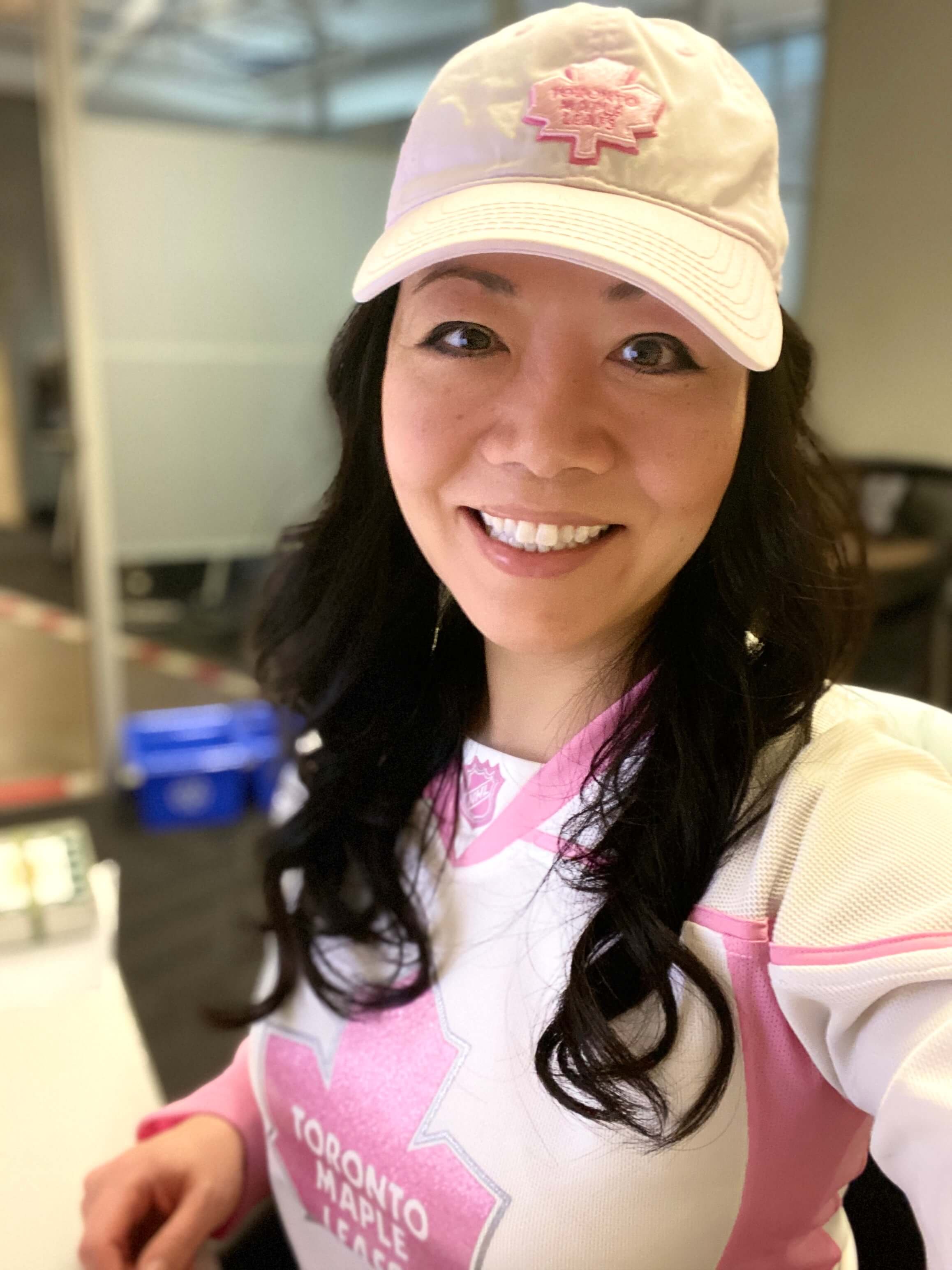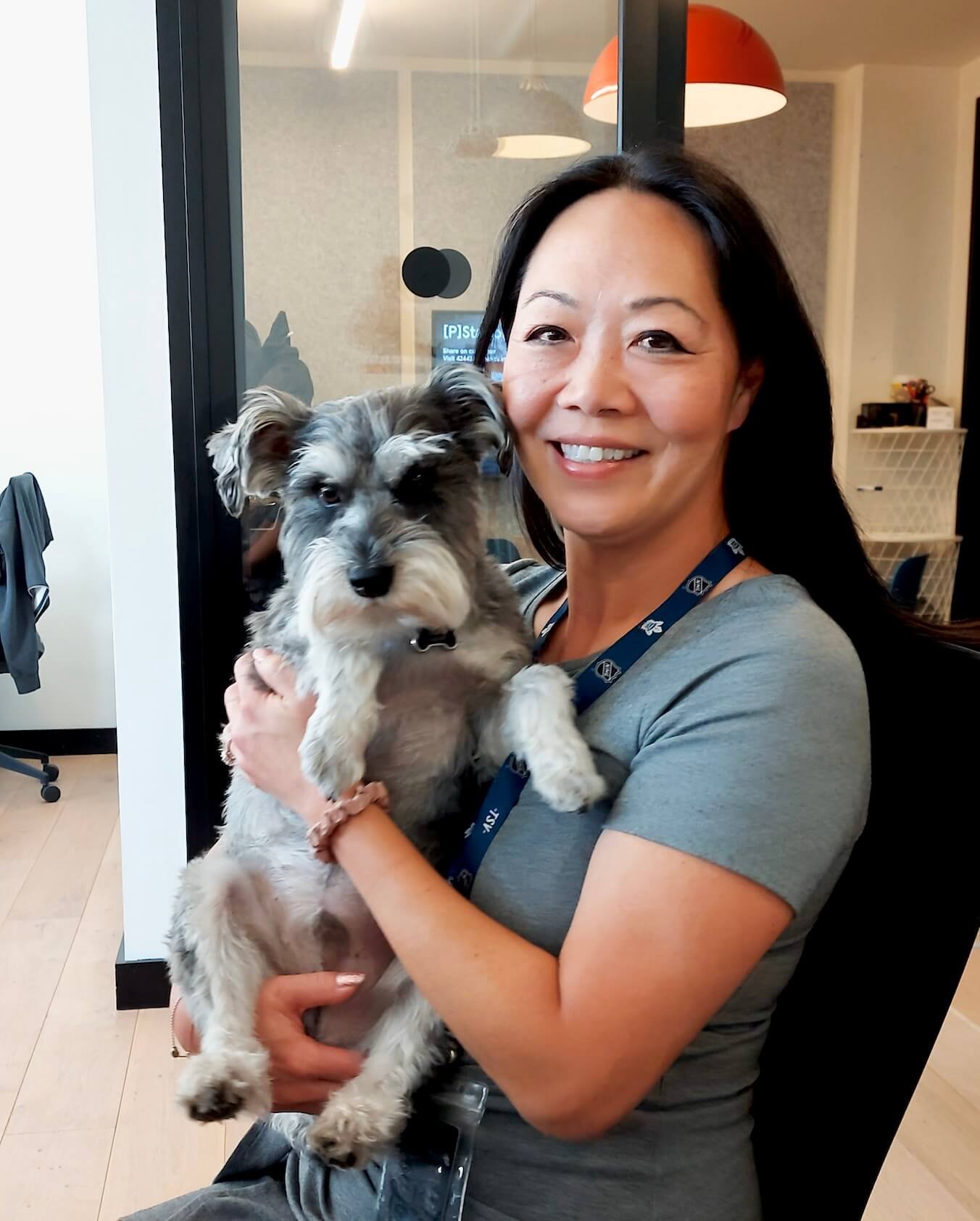Embrace the Accommodation Process: HR Perspective - Cathy Lim
Disabilities in the Workplace - Interview Series
Creating a supportive and inclusive workplace for individuals with disabilities includes emphasizing the importance of empathy, tailored accommodations, and open communication.
Cathy Lim - LinkedIn
“Be brave yet gentle with yourself; it’s common to feel less-than, but in actuality, there are lots of employees with mental or physical health issues.”
Article Takeaways:
Start Accommodations Early: Begin from recruitment, maintaining flexibility and open communication.
Conduct Workshops: Review policies and benefits visually and verbally, especially for those with learning disabilities.
Encourage Observations: Advise employees to observe company reactions to wellness days before disclosing disabilities.
Request Accommodations: Ask HR in writing about disability policies and keep personal records.
Offer Support: When a disability is disclosed, provide support, share examples, and encourage open communication.
Create Safe Spaces: Promote ERGs for marginalized groups to discuss issues and suggest changes.
Enable Self-Advocacy: Encourage gradual disclosure, finding allies, and being gentle with oneself.
We’d love to get to know you! Please share a bit about yourself, the company you work for and why you chose a career in People & Culture!
I am originally from Toronto, I moved to Vancouver in 2002 and have been working in HR in the tech industry ever since. My last 2 HR Director roles were in the video game industry, and most of my experience is working with small to mid-sized companies. I chose HR as a profession because I love helping people grow, and being their advocate helps them show up as their true and whole selves.
How would your friends describe you and your personality?
Loud, caring, funny, always fighting for justice, high empathy, a natural coach, and a fierce mama bear.
If you live with an Invisible Condition, and are comfortable sharing this with us, we’d love to hear your story.
I am diagnosed with anxiety, depression, and PTSD, all stemming from a severely traumatic childhood. I have had many years of seeing social workers and psychologists which has helped shape who I am as a very highly functioning and empathetic adult that I am today. I am a big believer in therapy (I still see a psychologist several times a year) and in being vulnerable, which I find really helps my employees to open up and be vulnerable too.
When you hear the term “disability inclusion”, what comes to mind?
Making accommodations starts right from the recruitment stage, being flexible, open with 2-way communication, being supportive, and there is no “one size fits all” so recognizing the needs of individuals and listening and acting on what they each need.
One in four people live with a disability, I am curious, how does your organization support people who live with a disability? Can you give a specific example?
In both of my past 2 game studios, we had many people with disabilities - hearing impaired, ADHD, Autism, Anxiety, Turrets, Crohn’s disease etc. I also have had several employees who were dyslexic, so I would teach short workshops to them (along with the ADHD folks or anyone who wanted to join) to go over company policies or handbooks or health benefits visually and verbally, instead of forcing them to read booklet after booklet.
We know that disclosing a disability to our manager or HR takes a lot of courage. What advice would you like to share with someone who needs to or wants to disclose their disability, illness, or condition at work?
Keep eyes and ears open to see if the company is the kind of place that will be open and supportive, hopefully, it is. Even small things, like, how does the company or manager react when you take a wellness day? I have had employees openly say “I need to take a mental health day today” and usually their manager will reply with “No problem, I’m sorry, let us know if we can do anything to help.”
From an HR perspective, what is a good way to ask for a workplace accommodation?
Ask HR in writing what the company policy is regarding disability accommodation. Ask HR to give examples of how they have accommodated other employees. Keep all records in your personal email, because unfortunately there are companies who end up discriminating or are not supportive and sometimes they are faced with Human Rights complaints (rightfully so!)
As an HR professional, how do you / should you respond to a disability disclosure and accommodation request?
I thank the person for being brave, I give other examples of people with disabilities, I tell them I will support them, I ask what they need, and encourage them to tell others - especially their teammates and manager. Oftentimes, I give them names of other people with disabilities (if I have permission which I usually do) so they can chat and support each other.
What do organizations need to do to create a safe and trusting place for people to disclose? Please be specific.
Employers should be open during the interview process about how many people they employ that have a physical or invisible condition, just as they should with how many women they have in management, etc. I have often told my candidates exact percentages of how many LBGTQ+, Persons of Colour, Women in leadership roles, neurodiverse, etc we have and that often assures my candidates that we are a safe and inclusive workplace.
Larger companies should create ERGs (Employee Resource Group) - one large company I know has a bunch such as “Black Community”, “LGBTQ+”, “Neurodiverse” etc. ERG’s are a great way for marginalized groups to come together during work hours, discuss issues, and present change ideas to the company.
How do I know if a company is inclusive before I join?
It is hard to say, lots of companies post D&I stuff all over their careers page but they do not walk the talk. See if you know anyone or if your friends know anyone who works there and you can ask them what they know. Ask your interviewers how flexible the company is with working hours and taking last-minute leave. Ask what their D&I strategy is, if there is a committee, and how much of the company’s time or resources are being put into D&I.
What is one piece of advice you can offer to someone who needs to advocate for themselves at work?
Be brave yet gentle with yourself, it’s common to feel less-than but in actuality, there are lots of employees with mental or physical health issues. Ask around, and find colleagues who will be your allies. You don’t have to tell your employer what the issue is right away, you can take baby steps - you can start by asking for flexibility for X days or X weeks because you’re going through something if they are kind about it, then maybe you will feel comfortable enough to let them know (again, in writing!).
Bio:
Cathy Lim is a seasoned HR professional with over 20 years of experience in BC's high-tech industry. Her passion to personally engage with employees and provide a psychologically-safe and inclusive workplace has resulted in multiple Great Place to Work accolades, most notably Canada's 50 Best Workplaces, and Best Workplaces for Inclusion, Women, and Mental Wellness. Cathy also teaches workshops for multiple non-profits and schools year-round, she loves to educate, inspire, and empower everyone around her. Along with spending time with family and playing sports, she is a proud fur-mama of Logan the Mini Schnauzer.



